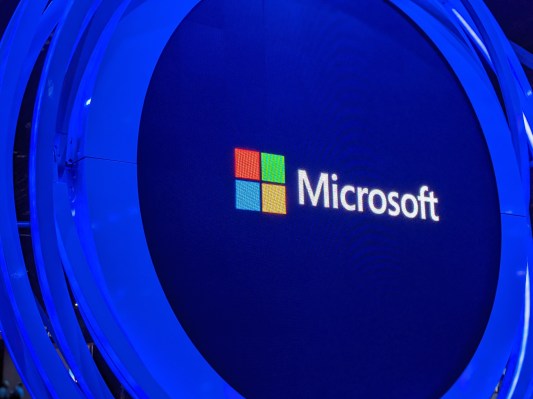Microsoft Research is a globally distributed playground for people interested in solving fundamental science problems.
These projects often focus on machine learning and artificial intelligence, and since Microsoft is on a mission to infuse all of its products with more AI smarts, it’s no surprise that it’s also seeking ways to integrate Microsoft Research’s innovations into the rest of the company.
Across the board, the company is trying to find ways to become more innovative, especially around its work in AI, and it’s putting processes in place to do so. Microsoft is unusually open about this process, too, and actually made it somewhat of a focus this week at Ignite, a yearly conference that typically focuses more on technical IT management topics.
At Ignite, Microsoft will for the first time present these projects externally at a dedicated keynote. That feels similar to what Google used to do with its ATAP group at its I/O events and is obviously meant to showcase the cutting-edge innovation that happens inside of Microsoft (outside of making Excel smarter).
To manage its AI innovation efforts, Microsoft created the Microsoft AI group led by VP Mitra Azizirad, who’s tasked with establishing thought leadership in this space internally and externally, and helping the company itself innovate faster (Microsoft’s AI for Good projects also fall under this group’s purview). I sat down with Azizirad to get a better idea of what her team is doing and how she approaches getting companies to innovate around AI and bring research projects out of the lab.
“We began to put together a narrative for the company of what it really means to be in an AI-driven world and what we look at from a differentiated perspective,” Azizirad said. “What we’ve done in this area is something that has resonated and landed well. And now we’re including AI, but we’re expanding beyond it to other paradigm shifts like human-machine interaction, future of computing and digital responsibility, as more than just a set of principles and practices but an area of innovation in and of itself.”
Currently, Microsoft is doing a very good job at talking and thinking about horizon one opportunities, as well as horizon three projects that are still years out, she said. “Horizon two, we need to get better at, and that’s what we’re doing.”
It’s worth stressing that Microsoft AI, which launched about two years ago, marks the first time there’s a business, marketing and product management team associated with Microsoft Research, so the team does get a lot of insights into upcoming technologies. Just in the last couple of years, Microsoft has published more than 6,000 research papers on AI, some of which clearly have a future in the company’s products.
